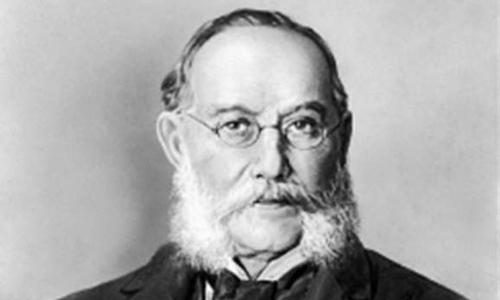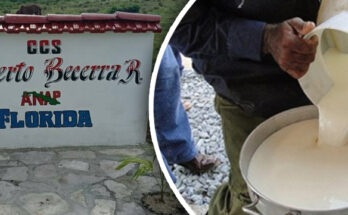December 2024 – The selflessness with which Camagüeyan Carlos Juan Finlay Barrés dedicated himself to research earned him the Distinction of Benefactor of Humanity as an award for the greatest scientific discovery in tropical medicine: the transmission of diseases by means of a biological vector, the mosquito, with which he saved the world from the scourge of yellow fever.
Born in Camagüey on December 3, 1833, after completing his primary education he decided to follow the professional career of his father, a renowned doctor in Cuba, so he traveled to France, Germany, the United Kingdom and the United States, where he finally graduated in Medicine on March 10, 1855.
Back in Cuba he decided to investigate the epidemics that periodically ravaged his country: malaria, yellow fever, cholera, among others, and although his theories were initially rejected, and even the United States tried to deny him his discovery, the truth came out when France decided to award Finlay, in 1911, the official order of the Legion of Honor, and England the Mary Kinsley medal, awarded in the world only to scientists Mauson, Ross and the brilliant Koch, discoverer of the tuberculosis bacillus.
The notable Cuban scientist also made notable contributions to childhood tetanus, malaria, cholera, ophthalmologic surgery and other tropical diseases, for which he is considered one of the most important microbiologists in world history, and was nominated seven times for the Nobel Prize in Medicine, but the United States always opposed it.
On May 25, 1981, UNESCO instituted the Carlos J. Finlay International Prize for the first time, to recognize advances in Microbiology, and in his honor the Pan American Health Organization declared December 3, the date of his birth, as the Day of Medicine in the Americas.





